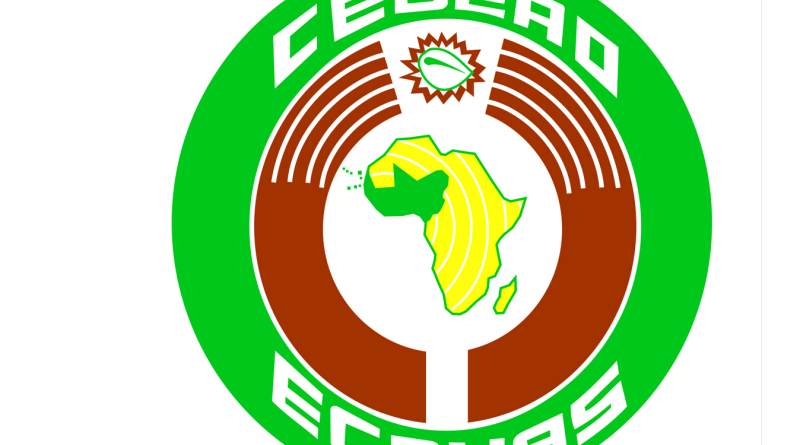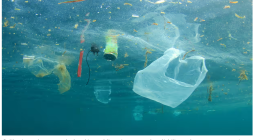West Africa: Regional Consultative Workshop on the Draft Regional Plastics Management Plan and the Circular Economy

In Accra, from September 16 to 17, 2024, as part of the implementation of the regional environmental policy, ECOWAS is organizing the regional consultative workshop on the draft regional action plan on plastics management and the circular economy; with support of the Program for Blue Economy (PROBLUE), a multi-donor umbrella Trust Fund administered by the World Bank.
This regional workshop brings together representatives of Member States from the Ministries of Environment and Finance, the Private Sector, Civil Society, the Black Forest Solutions Consultancy Office, the World Bank, and the ECOWAS and UEMOA Commissions. The ECOWAS delegation is led by Yao Bernard KOFFI, the Acting Director of Environment and Natural Resources.
The objective of this meeting is to identify priority actions to combat plastic pollution in the ECOWAS region by promoting sustainable economic practices. The Action Plan will be used by ECOWAS Member States, regional institutions, and development partners such as the World Bank to address the enormous challenge of plastic pollution in the region. It is important to emphasize that plastic products have been pervasive in our daily lives for more than three decades and their inappropriate management leads to problems for the environment, human and animal health, so much so that plastic pollution is, to date, a global challenge that mobilizes the entire international community.
In recent years, ECOWAS member states have taken several measures to combat plastic pollution, including regulatory texts. However, the implementation of these texts has had mixed success. The concern was then brought to the supra-national level of ECOWAS to propose sustainable solutions given the transboundary impacts of plastic pollution.
In his opening speech, Mr. KOFFI recalled the regional regulation C/REG.17/12/23 on the harmonization of the regulation of plastic products and the rational management of plastic waste in ECOWAS Member States adopted in December 2023 and then stressed that the management of plastics requires national, regional, and global actions in view of the transboundary dimension of the resulting pollution. He encouraged participants to review the proposed actions to contribute to the finalization of the draft regional plan for the management of plastics and the circular economy.
In a welcome address the World Bank Acting Country Director for Ghana, Liberia, and Sierra Leone, Michelle Keane stated that beyond country-level efforts, the World Bank supports harmonized regional solutions to combat plastic pollution at scale. She noted that with the upcoming global, legally binding instrument on Plastics Pollution, the World Bank is dedicated to supporting ECOWAS in the development of a Regional Action Plan on Plastics Management and Circular Economy. This she believes will ensure West Africa is well prepared to fulfill the requirements of the upcoming Treaty, for its common rivers and oceans.
“Our support includes advocating for crucial policy reforms to create market incentives to value plastics. It also encourages significant capital investments from both the private and public sectors and promotes research and development for upstream investments such as alternative materials to plastic,” said Ms Michelle Keane.
As a reminder, to combat plastic pollution on an international scale, the fifth United Nations Environment Assembly (UNEA-5) adopted a historic resolution in March 2022 with a view to negotiating, by the end of 2024, a global treaty to combat plastic pollution.
The World Bank in its recent report states that, although the ratio of plastic waste per capita in West Africa is almost one tenth of OECD countries and one twentieth of the United States, the African region is estimated to be the second source of plastic pollution of the oceans by rivers, with a share of 7.8% (after Asia) and could become the largest contributor to poorly managed plastic waste globally by 2060.
Distributed by APO Group on behalf of Economic Community of West African States (ECOWAS).





